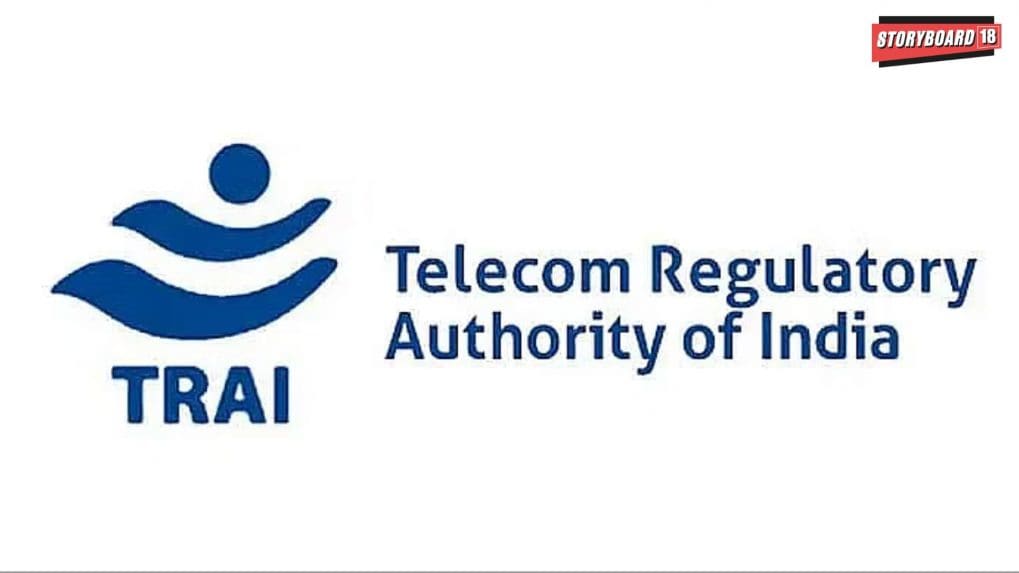Advertising
From Pink Slips to Silent Sidelining: Inside adland’s layoff and anxiety crisis

A new flashpoint has emerged between broadcasters and distributors over TRAI’s proposed audit reforms. While The Telecom Regulatory Authority of India (TRAI) has sought to reduce compliance burdens by exempting smaller DPOs from mandatory audits, broadcasters say this relaxation undermines transparency and revenue protection. They insist that mandatory audits must apply across the board, including smaller operators, who they claim are frequently linked to piracy and subscriber under-reporting.
TRAI had released the draft of the Telecommunication (Broadcasting and Cable) Services Interconnection (Addressable Systems) (Seventh Amendment) Regulations, 2025, proposing sweeping changes to the audit framework, compliance timelines, and infrastructure-sharing rules in the broadcasting distribution ecosystem.
While the draft retains the requirement for annual audits, TRAI has sought to ease compliance for smaller distribution platform operators (DPOs). Distributors with fewer than 30,000 active subscribers will not be compelled to undergo mandatory audits, though they are encouraged to do so voluntarily. TRAI argued that this exemption was designed to reduce cost and capacity pressures on smaller operators, while still promoting transparency in reporting.
At the same time, the regulator has tightened penalties for non-compliance. Distributors who fail to conduct audits within the prescribed timelines will face disincentives of ₹1,000 per day for delays of up to 30 days and ₹2,000 per day thereafter, capped at ₹2 lakh annually. Broadcasters, under the new draft, will also be empowered to disconnect signals of distributors if audits reveal serious lapses.
The draft has been opened for public consultation, with comments invited until October 6, 2025. The regulations are scheduled to come into effect on April 1, 2026.
The proposed exemption for smaller distributors has drawn strong opposition from broadcasters, who argue that under-reporting and piracy are often linked to smaller DPOs. An industry veteran stressed: “TRAI should not eliminate the audit for smaller DPOs with 30,000 or fewer subscribers. Broadcasters keep a close watch on such operators as they are often involved in piracy and under-reporting. We will be writing to the regulator to mandate audits for smaller DPOs too.”
Manoj Dobhal, CEO of Dish TV said, "DTH operators have always been among the most compliant in the broadcasting ecosystem. If anything, these reforms are likely directed more at ensuring compliance in the non-DTH segments of linear TV. From our standpoint, there’s nothing burdensome because we already comply with every requirement."
Another broadcaster, speaking on condition of anonymity, highlighted widespread gaps in compliance: “There is minimal compliance with DPO-initiated audit requirements. Nearly 85% of DPOs neither conduct audits nor share reports with broadcasters. Many employ delaying tactics to postpone broadcaster-initiated audits.”
Broadcasters during the consultation period, through the Indian Broadcasting & Digital Foundation (IBDF), had also advocated for the removal of Regulation 15 (1) of the Interconnection Regulations, 2017, which currently governs audit rights. The IBDF has suggested giving broadcasters the primary right to initiate audits, citing significant revenue losses caused by subscriber under-reporting.
The All India Digital Cable Federation (AIDCF), however, had taken a different stance, urging TRAI to retain Regulation 15 (1) while demanding stricter enforcement. It has asked the regulator to publish a list of non-compliant DPOs and bar broadcasters from providing signals to them. The federation has gone further, recommending penalties of up to ₹10 lakh on broadcasters who supply signals to non-compliant operators.
Major distributors such as DEN Networks, GTPL Hathway, Dish TV, SITI Networks, Tata Play, and Airtel had supported retaining Regulation 15 (1), though their positions on broadcaster-initiated audits vary. Tata Play and Airtel had strongly opposed Regulation 15 (2), which permits broadcaster-initiated audits. Airtel suggested that if broadcaster-led audits are retained, they should only be allowed within six months after a DPO’s own audit. Tata Play went further, recommending that the provision be scrapped altogether.
TRAI's recommendation also suggests amendments seeking to bring audit cycles in line with the financial year instead of the calendar year. Under the new framework, distributors of television channels will be required to conduct annual audits of their subscriber management systems, conditional access systems, and digital rights management platforms for the preceding financial year.
The audit reports must be submitted to broadcasters with whom they have interconnection agreements no later than September 30 each year. TRAI has said this move will ensure consistency with financial reporting, taxation and contractual cycles, and eliminate confusion created by the calendar year system.
While TRAI maintains that its proposals are meant to ease compliance for smaller operators and ensure timely audits for larger ones, the pushback from broadcasters highlights the long-standing tension between content providers and distributors over audit rights and responsibilities. Broadcasters argue that without mandatory audits for smaller players, issues of under-reporting, piracy, and revenue leakage will persist.
From purpose-driven work and narrative-rich brand films to AI-enabled ideas and creator-led collaborations, the awards reflect the full spectrum of modern creativity.
Read MoreLooking ahead to the close of 2025 and into 2026, Sorrell sees technology platforms as the clear winners. He described them as “nation states in their own right”, with market capitalisations that exceed the GDPs of many countries.